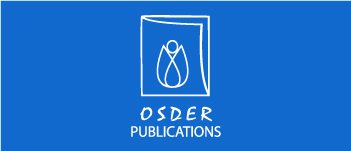Bureaucracy and E-government: A study of e-procurement initiatives in Bangladesh
Abstract
<p><em>As a developing country aspiring to improve its service delivery through improved governance process, Bangladesh has started using Information Communication technology ICT in its public sector organisations. Known as e-government, the ICT-based governance process offers governments both opportunities and challenges. The complexities of the public sector make the e-government diffusion process difficult which could potentially detract from the outcome. Despite remarkable progress achieved by the government of Bangladesh in recent years in introducing ICT throughout the country, the overall objective of establishing successful e-procurement and institutional transformation to accommodate such innovative and sustainable practices is yet to happen. It appears that while there are political commitments to implementing e-government in Bangladesh, the public sector organizations and their employees are not yet fully ready to embrace e-government as they lack relevant knowledge, capacity motivation and institutional settings. Based on a study of e-procurement initiatives across four government ministries, this paper presents a case study on the Bangladesh public sector e-procurement implementation process, which constitutes a significant part of the country’s e-government agenda. It explores the role of bureaucracy in implementing e-procurement in Bangladesh. The paper reveals that the current e-government capacity building strategy, which is aimed to provide better understanding and skills for relevant employees linked to e-government project, is inadequate. However, little emphasis is given on how it re-engineers the process and its critical transformation to good governance. Overall, the paper offers a tentative framework to make the role of bureaucracy effective towards successful e-procurement. </em></p>
Full Text: PDF
1024 7

Latest News
Visitors Counter
1924
 Today 1
Today 1 
